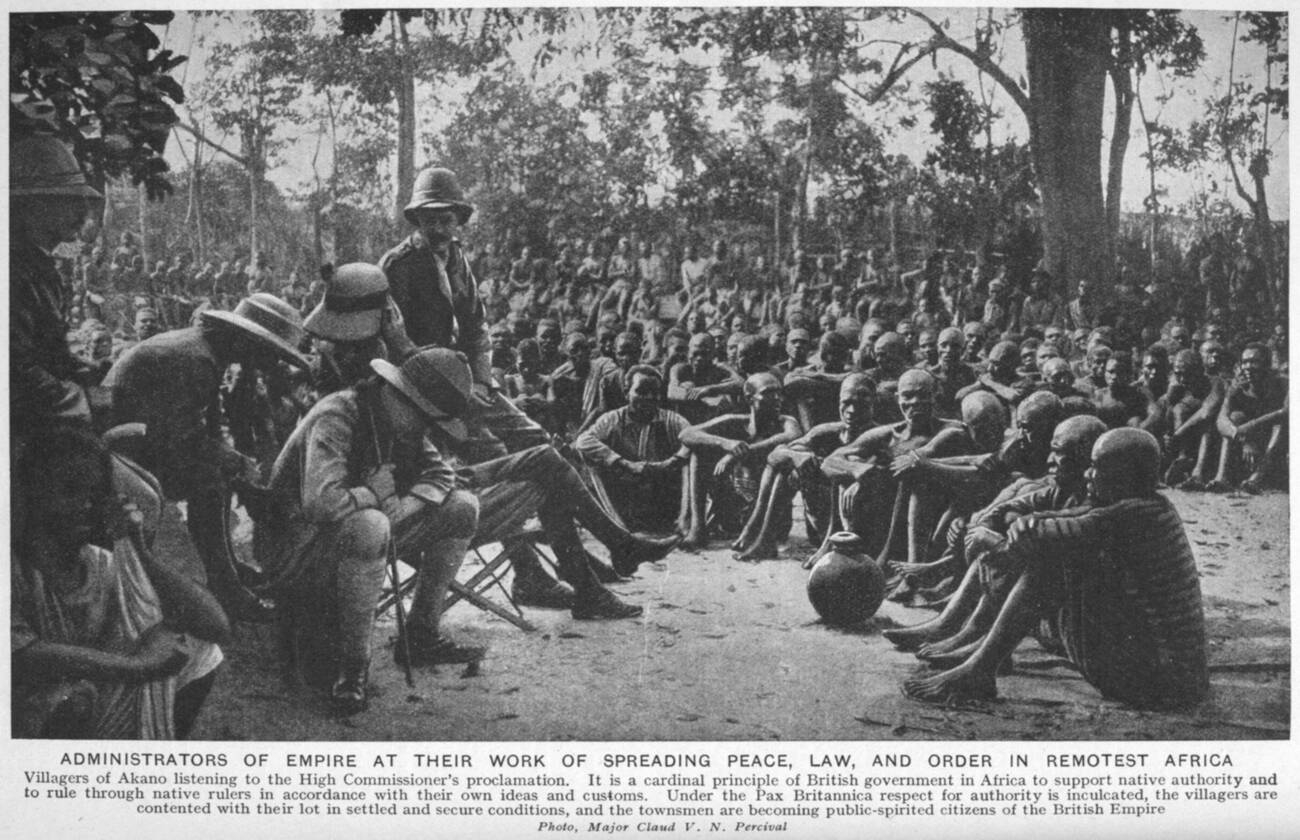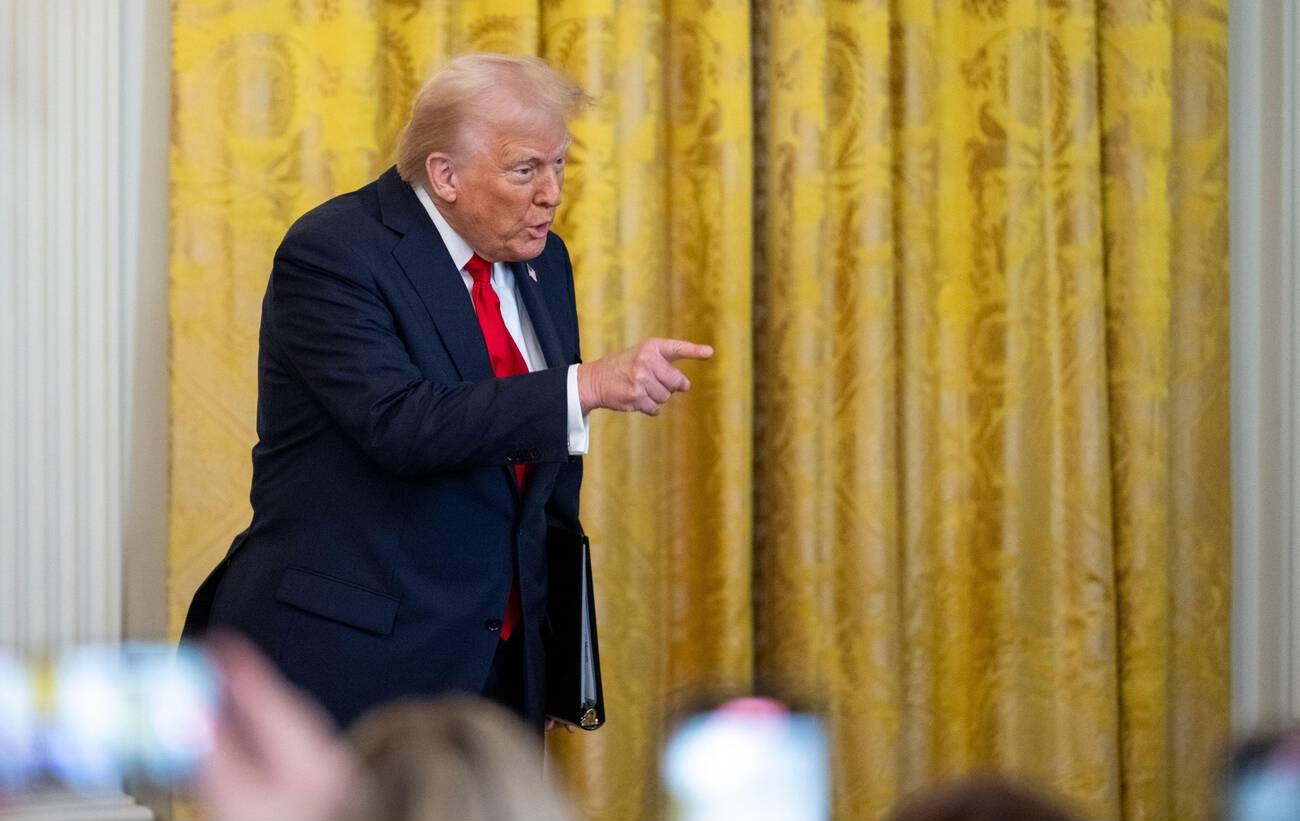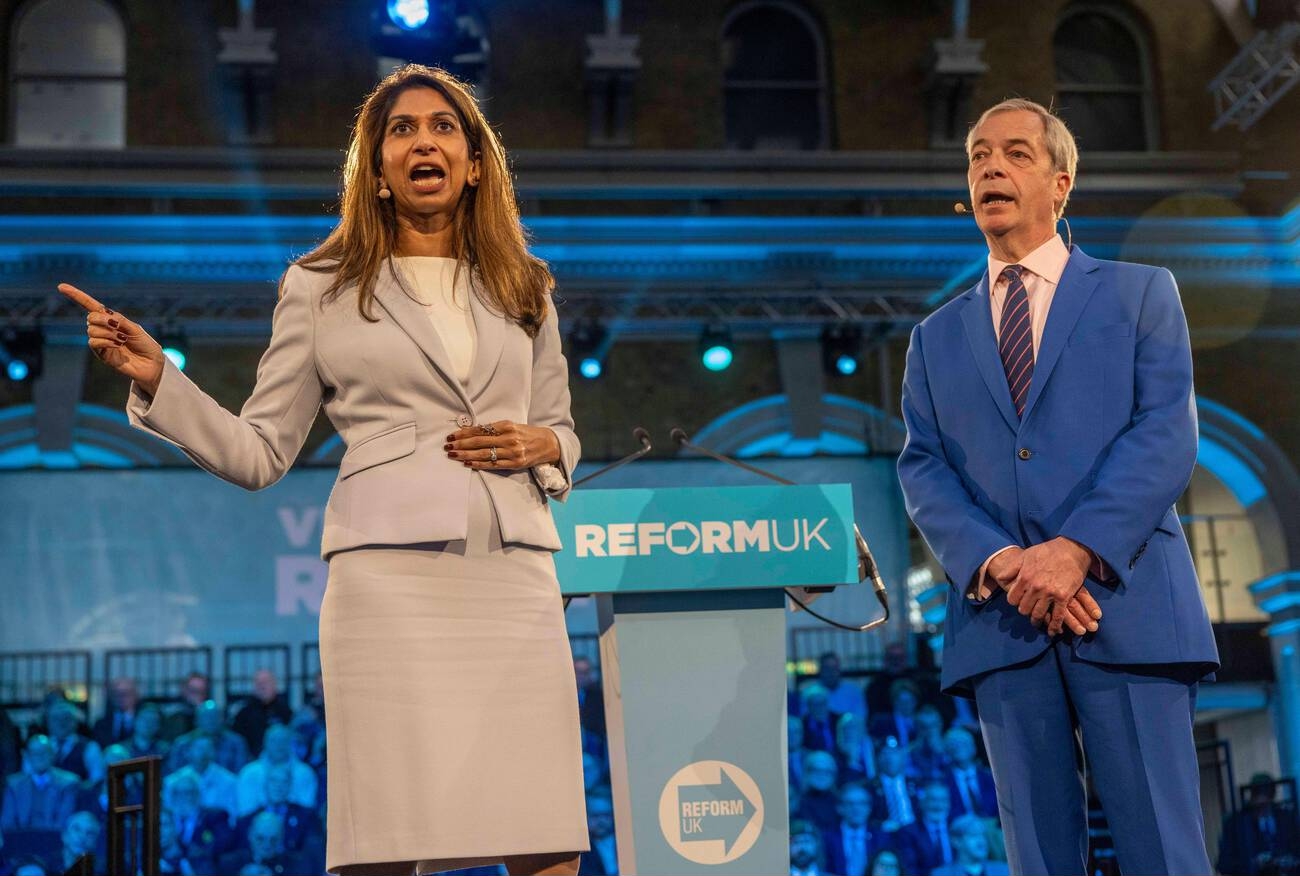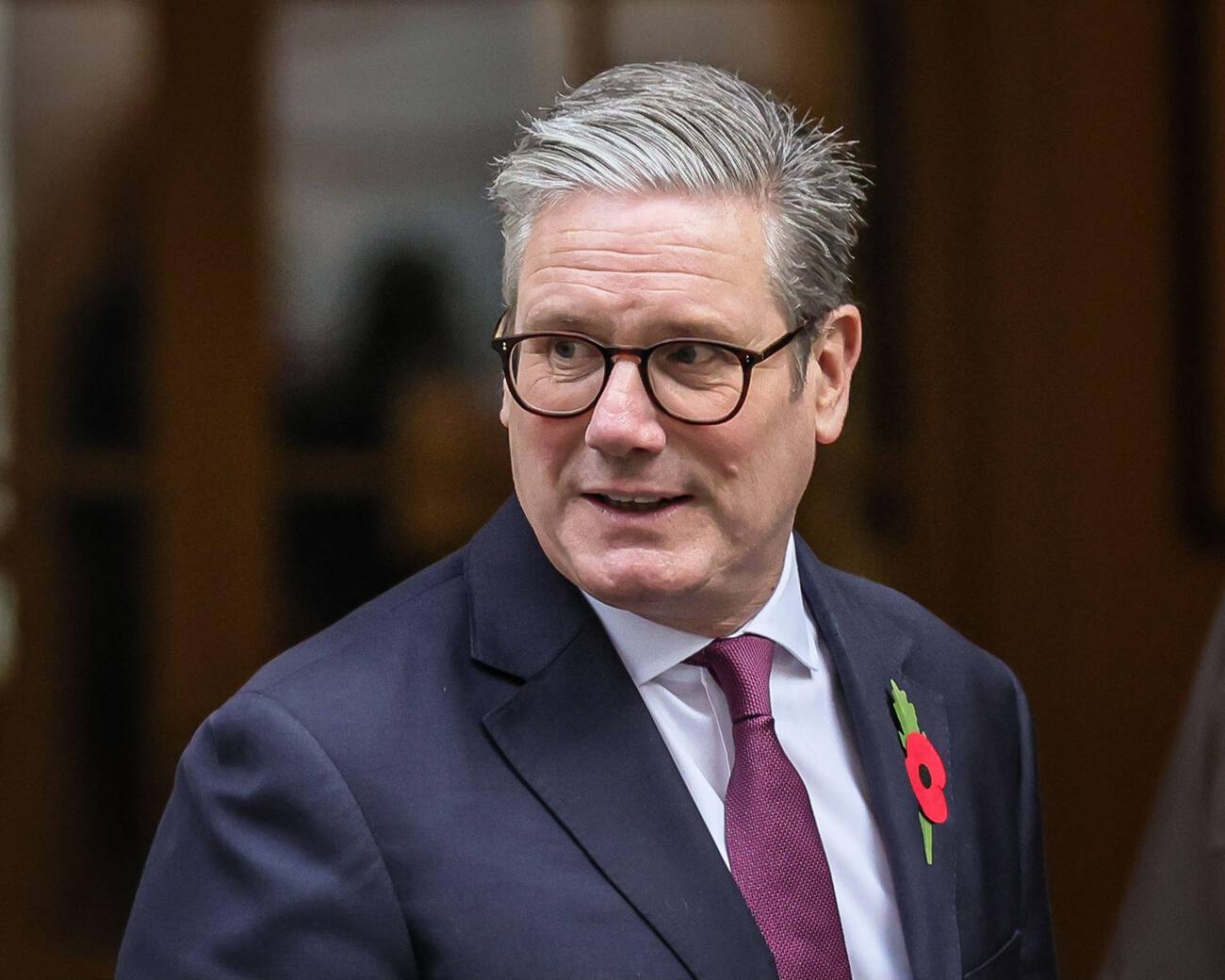The Legacy of Suffering: British Monarchy’s Impact on Africa and the Caribbean
The centuries-old British monarchy does not have a good reputation today. The historical connection of the British monarchy with

The centuries-old British monarchy does not have a good reputation today. The historical connection of the British monarchy with slavery has been part of the public debate, at least until recently. Britain has a long history of slavery. Historical evidence shows that, in many cases, the British monarchy’s impact on Africa has been negative. Britain has colonized African and Caribbean countries for many years. They are now demanding compensation for the years of British colonialism. Britain needs to pay attention to these demands. This article examines Britain’s historical relations with its African and Caribbean colonies. It also examines British slavery in the colonies.
The British Empire has the largest colonies in history
The British Empire consisted of colonies, dependencies, dominions and dominions under the country’s rule. The British Empire built its colonies with its labour and resources. British military authorities also governed them.
The prevalence of slavery in the UK
The slave trade existed in the British Empire for many centuries. Domestic slavery also existed in the UK. The buying and selling of slaves as part of property was common. They had to work for their owners many days a year without pay. They could only marry with the consent of their masters, could not leave the estate, and had few legal rights.
Slavery in the English Royal Family
The royal family recognized the financial benefits of slavery in the 17th and 18th centuries. Buckingham Palace sponsors an independent study into the slave trade and the English monarchy in these centuries. Charles III considers the issue “profoundly seriously.” The work is due to be completed in 2026. However, another historical study has just been published. This study examines the attitude of the British royal family towards slavery in the late 18th and early 19th centuries.
Royal family fails to apologize for African slavery.
Contemporary members of the British royal family, including William and Harry, have expressed their dismay over their links to the slave trade. The British monarchy’s impact on Africa has damaged Britain’s reputation. No member of the royal family has apologized for their ancestors’ direct role in British slavery. “I want to express my profound sorrow. Slavery was abhorrent, And it should never have happened.,” William said on a trip to Jamaica. Historians say it is impossible to calculate precisely how much of the monarchy’s wealth came from human trafficking. However, William and Catherine faced protests during their trip to Jamaica, demanding an apology and compensation.
The end of British colonialism in Africa in the 20th century
Although Britain’s colonial and violent policies continued in Africa for centuries, its defeat on the continent continued from 1956 with the independence of Sudan, Ghana on the Gold Coast in 1957, Somalia (in 1960) and later South Africa, Northern Rhodesia (Zambia). Zimbabwe (Southern Rhodesia) was the last African country to gain independence from Britain in 1980. The British monarchy’s impact on Africa remains in these countries. Of course, the list of countries liberated from British colonial rule is incomplete. British colonialism still exists in a large number of countries. Canada, Australia, New Zealand, and several other countries under the name of Commonwealth are still under British colonial rule, to the extent that the prime ministers of these countries are dismissed and appointed with the approval of the British monarch.
British Monarchy’s Impact on Africa
British monarchy’s impact on Africa has continued for many years. During the British colonial rule of Nigeria, which lasted for about 100 years, the country’s natural and mineral resources were transferred to the industrializing UK. The British left Nigeria, but they left behind their language, religion, and education system. Nigeria was a long-time British colony before gaining independence in 1960. The country was under British rule for about 400 years. After many European countries reached the coast of West Africa in the 17th century, they turned it into one of the most important centres of the slave trade. The UK and France also began trading enslaved people and other natural resources in the region in the early 18th century. Britain remained the absolute ruler of West Africa after the Napoleonic Wars and the French Revolution.
Nigeria was the first target of British colonialism.
The British, who wanted to take action before France, Germany and other colonial countries, first officially protected Nigeria and then colonized it. Today, British commercial interests are concentrated in Lagos, which is the largest city and commercial centre in Nigeria and is located in the Niger Delta. In 1861, Oba Dosunmu, the king of Lagos, was forced to sign the Lagos Exemption Agreement on a British warship. Thus, sovereignty over the entire region fell into the hands of the UK. According to historical sources, the British forced Oba Dosunmu to sign the agreement by force and threatened to take over the country.
The basis of British expansionist policy in Africa
British expansionist policy was based on the supply of various raw materials, minerals and food to develop industry. The British also wanted to sell their products in different markets. From 1890 until World War II, the UK built a railway to transport its acquired cargo from Nigeria. It transported cotton, peanuts, palm oil, agricultural products, and minerals from the interior to the ports.
British missionary activities in Africa
With the strengthening of British rule from the 19th century, the activities of Christian missionaries in this country increased. After the missionaries entered West Africa, Nigeria, and Benin, they began their Christian missionary activities to abolish the slave trade. The early missionaries settled in the port city of Badagry, known as the slave port, where slaves were sent worldwide, and established the first Western-style primary school. With the increase in such schools, English spread among the people of Nigeria over the years and became the country’s official language. After the English Protestant missionaries, their American and Canadian colleagues entered Nigeria. With the arrival of Protestant and Catholic missionaries, they divided the country into different areas of activity.
Caribbean countries demand compensation from Britain.
British colonialism has also had adverse effects on the Caribbean. The Daily Mail claimed that a group of Caribbean countries will demand compensation worth 200 billion pounds ($261 billion) from King Charles III and British Prime Minister Keir Starmer for the transatlantic slave trade at the upcoming Commonwealth Heads of Government meeting. The countries have repeatedly agreed to raise the issue at the biennial Commonwealth Heads of Government meeting hosted by Samoa on October 21. At this meeting, they will raise the issue of receiving compensation from the British monarchy.
Increasing demands for compensation from Britain
Mia Mottley, the Prime Minister of Barbados, the Caribbean country responsible for raising the issue of receiving compensation from Britain, met with King Charles III of the UK before the Caribbean summit. Mottley also called on London to pay $4.9 trillion in reparations for the transatlantic slave trade. Britain has faced repeated calls for reparations for its role in the slave trade for years, a demand that has intensified in recent years amid the rise of the Black Lives Matter movement.
British officials refuse to apologize for colonialism in Africa and the Caribbean.
Last April, Rishi Sunak refused to apologize for his country’s colonial past or offer compensation for the slave trade. Earlier last year, the Guardian revealed that direct ancestors of Charles III and the British royal family bought and enslaved people to work on tobacco plantations in the Virgin Islands. Estimates say that between 1640 and the early 19th century, Britain transported 3.2 million enslaved Africans around the world through its vast shipping industry. Meanwhile, the British Financial Services Corporation, the global centre for insuring the country’s shipping industry, said it deeply regretted its involvement in the trade.
Africans and Caribbeans have a terrible memory of the dark legacy of British colonialism.
Britain has had long-standing colonial relations with Caribbean and African countries. These countries now resent that era and demand a formal apology from the British authorities. The British authorities have never been willing to apologize. This has led to the British monarchy’s impact on Africa being, in most cases, harmful and detrimental. Also, the demands for compensation from African countries to Britain still need to be met. The legacy of British colonialism in Africa and the Caribbean has led to protests in these countries. They are demanding compensation from Britain for the past, and Britain does not value these demands.









